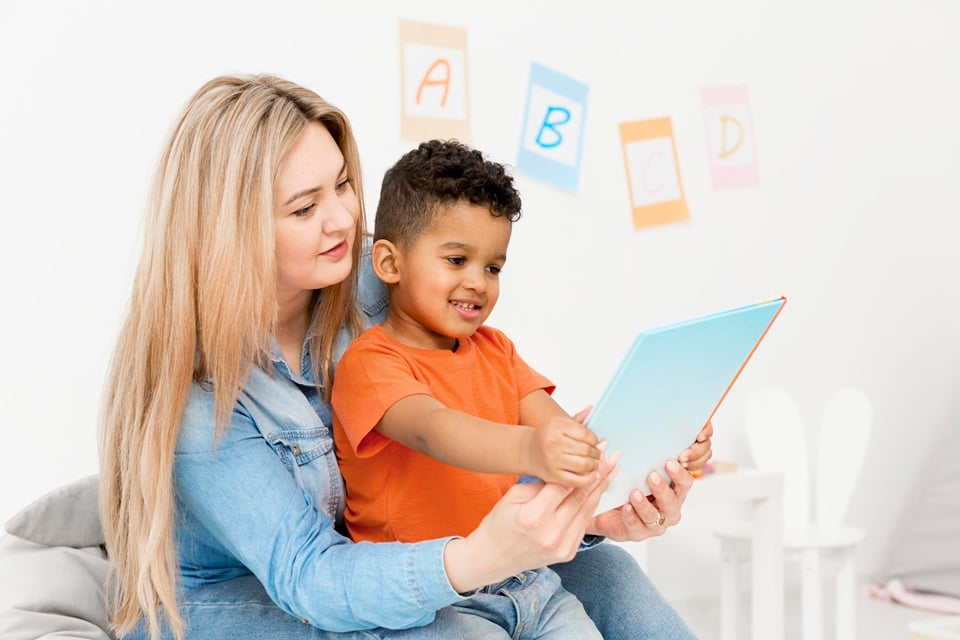
Play-based learning is a crucial foundation in early childhood education. It helps develop creativity, imagination and cognitive abilities in young learners. Following this philosophy, educators must oversee and participate in play activities and guide children through their journey of exploration. This method brings happiness and interest, making education enjoyable for children and educators.
If you’re passionate about shaping the future of young Australians through play, this guide to becoming a childcare educator is your roadmap to success.
Understand the Essence of Play-Based Learning
Learning through play goes beyond the customary approach to education, where play is the primary method of acquiring knowledge. This technique permits children to investigate, find and interact with their surroundings in a manner and speed that suits them best. As a teacher, your task is establishing an environment full of chances for creative play, finding solutions and social exchange, which are crucial in kids’ growth.
Gain the Right Qualifications
Getting the correct qualifications in Australia is a primary step to becoming a childcare educator. As an entry-level requirement, you should have at least Certificate III in Early Childhood Education and Care. Having a Diploma in Early Childhood Education and Care is beneficial for people aiming for higher positions.
In both courses, you will receive full training. You’ll learn everything from a child’s development to planning curative learning surroundings. This will prepare you with all the necessary knowledge and abilities for success.
Foster a Playful Attitude
More than certifications, being a playful childcare educator requires you to love play and trust its ability to educate truly. It implies getting on the floor, participating in imaginative situations with kids, and viewing life from their perspective. Your excitement for playfulness and exploration motivates children to share their thoughts freely and try new things without fear of failure or judgment while learning through every experience they encounter.
Create Stimulating Play Environments
A significant aspect of championing play-based learning involves designing environments that inspire curiosity. Use various resources – from art supplies and building blocks to outdoor play areas – to encourage children to investigate and interact. It’s about creating safe yet challenging spaces where children can test their limits, solve problems, and develop resilience.
Understand Each Child’s Unique Needs
Learning through play is a model that values and respects every child’s uniqueness. It understands that each child has interests, ways of learning, and timelines for development. As an educator, it is crucial to observe and comprehend these variations in order to adjust your methods accordingly to promote each child’s growth.
Partner with Parents and Caregivers
Play-based learning that is successful in the classroom and outside it requires a good partnership with parents and caregivers. Your part is to talk about why play is essential for learning, give information on how well a child does in playtime and suggest methods to help learning happen at home. This team effort ensures a united support system, which strengthens the child’s path to education.
Commit to Continued Professional Development
Early childhood education is constantly developing, and fresh investigation lets us know what methods are most effective for helping children grow. It’s essential to stay knowledgeable about the trends in play-based learning, resources and technologies.
Conclusion
Working as a playful childcare educator is an incredibly fulfilling career choice that allows you to shape the growth path of Australia’s most youthful group. So, energise yourself and put yourself in the children’s shoes (or, in other words, join their imaginative world). You’re not just teaching; you’re inspiring a lifelong love of learning.
Interesting Related Article: “Why are Childcare and Early Childhood Education Important?“

